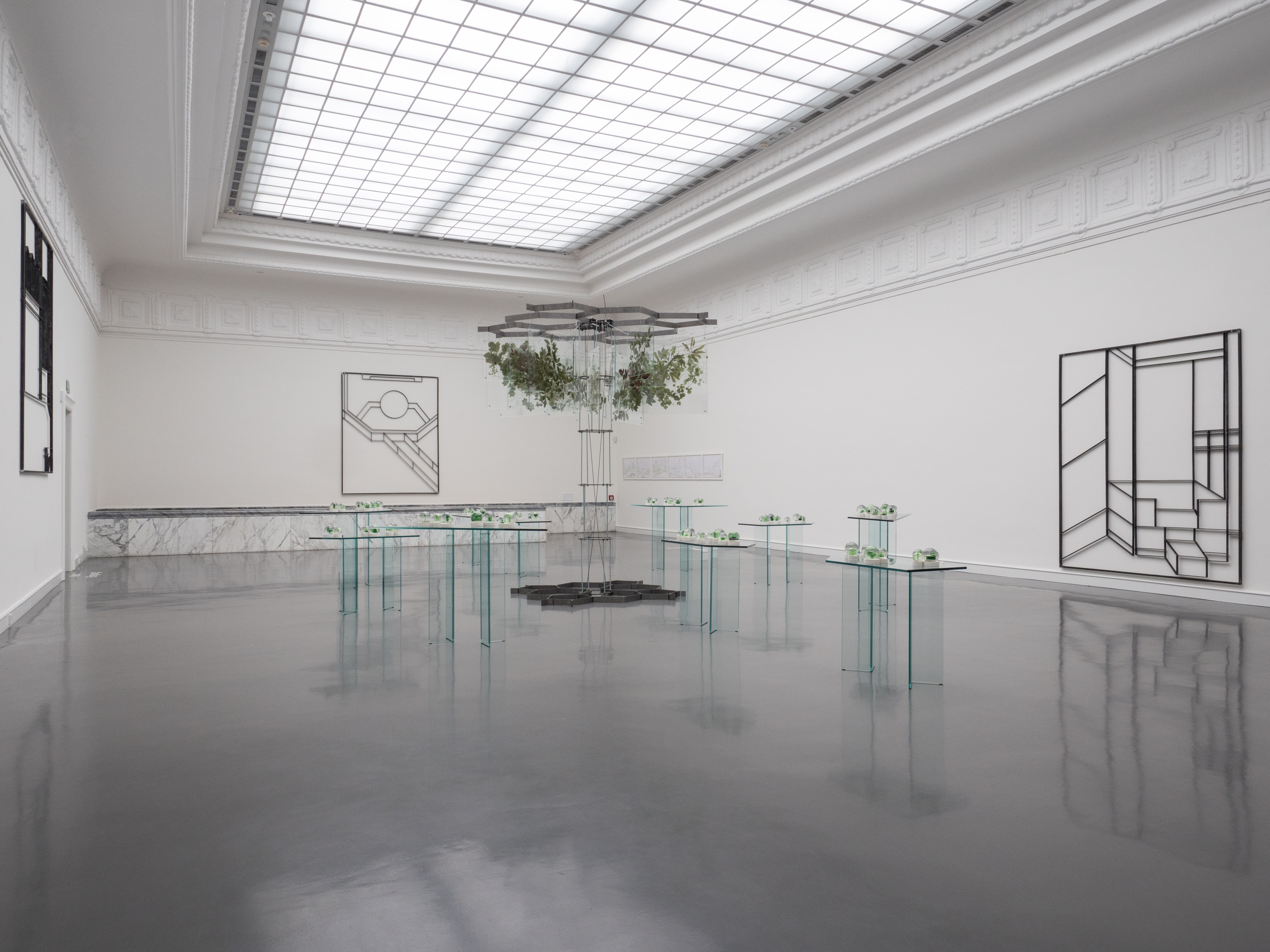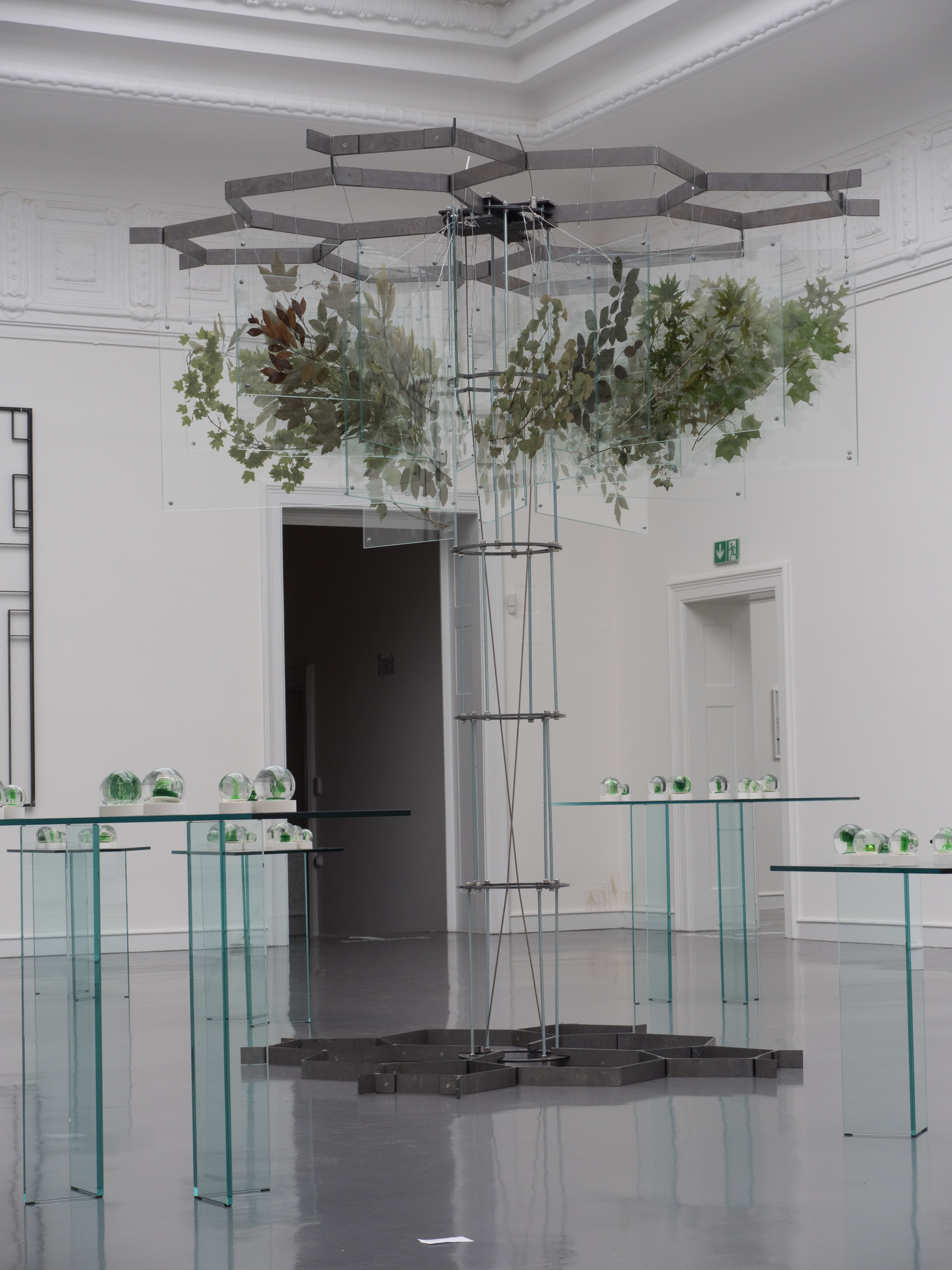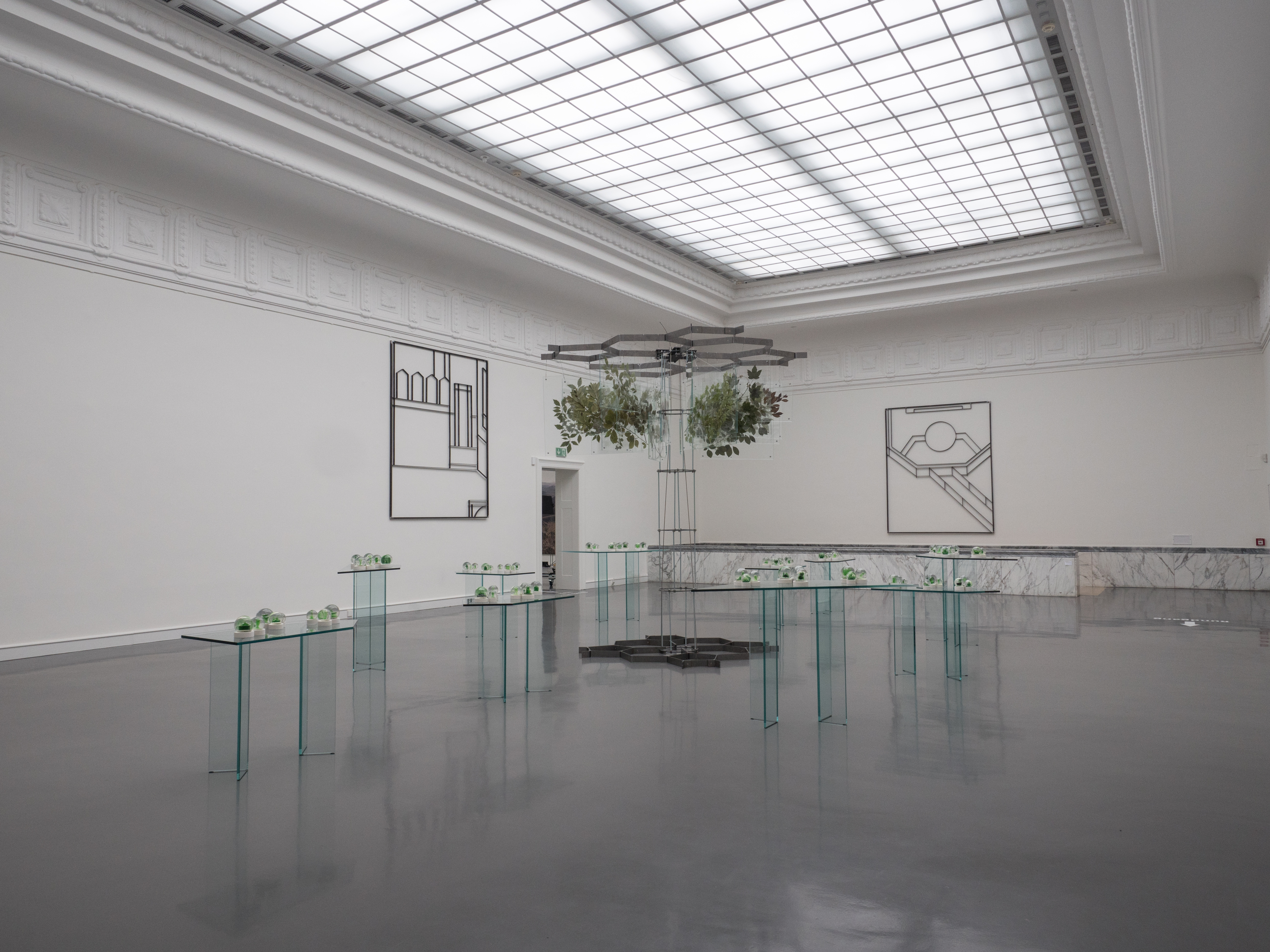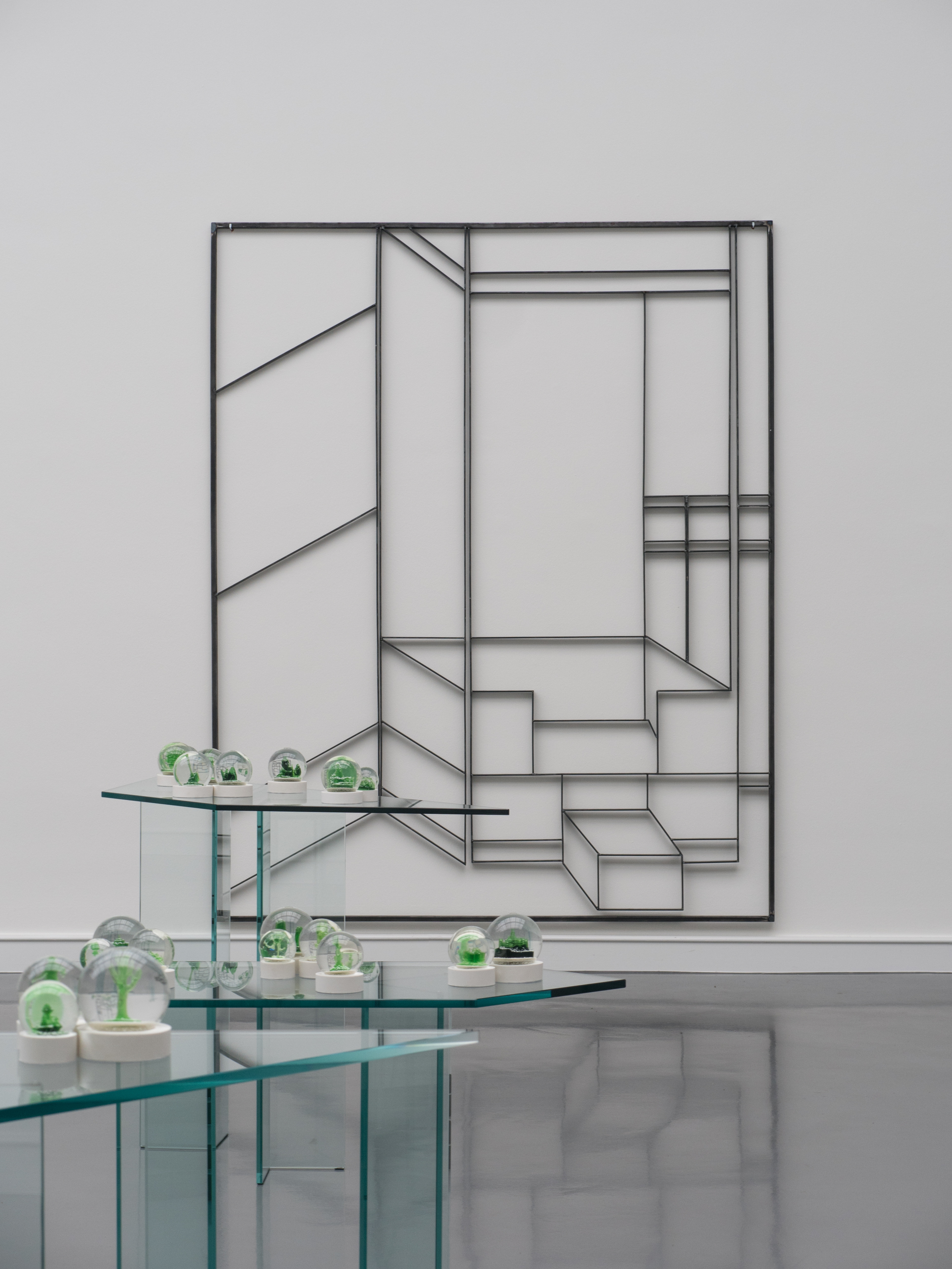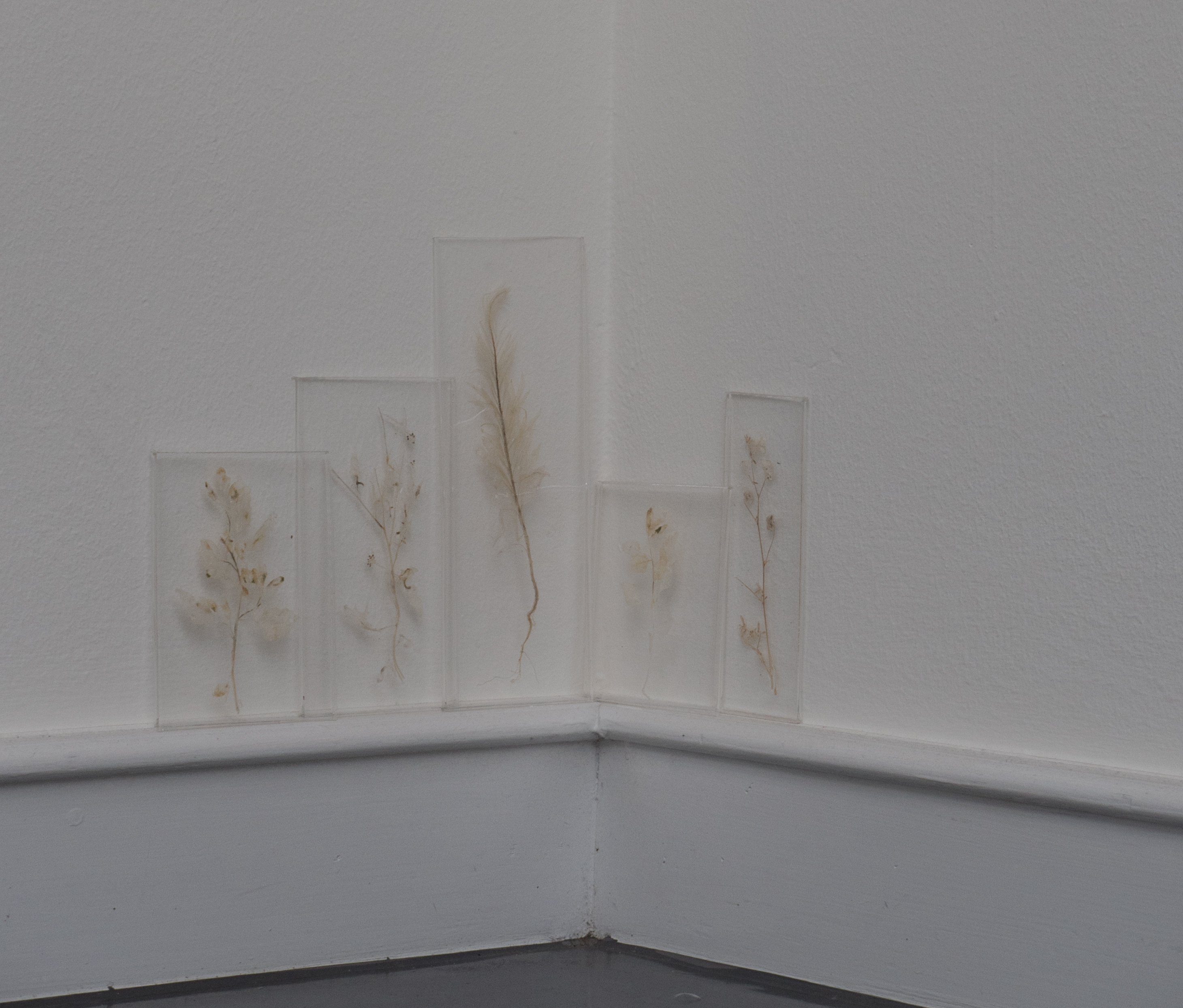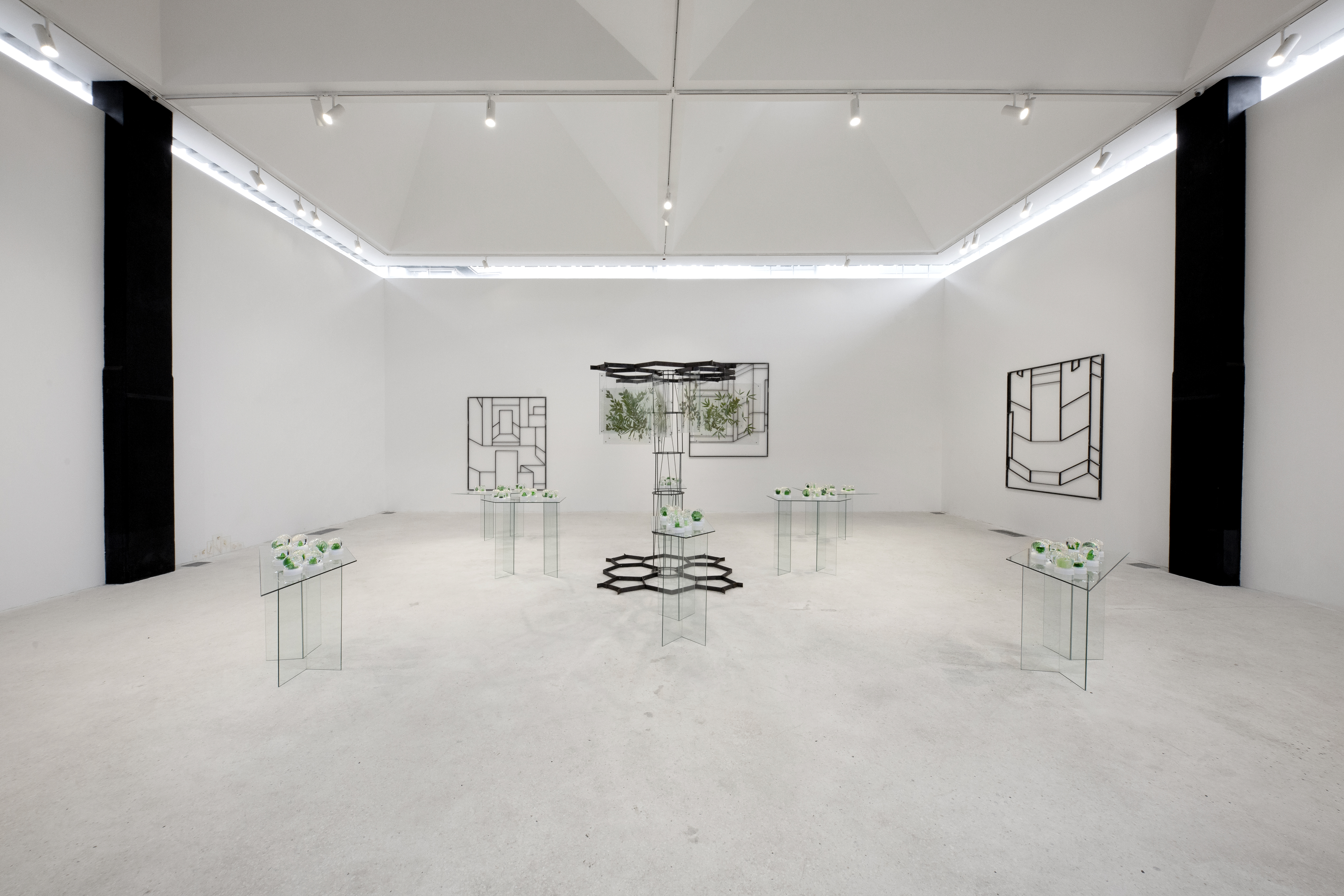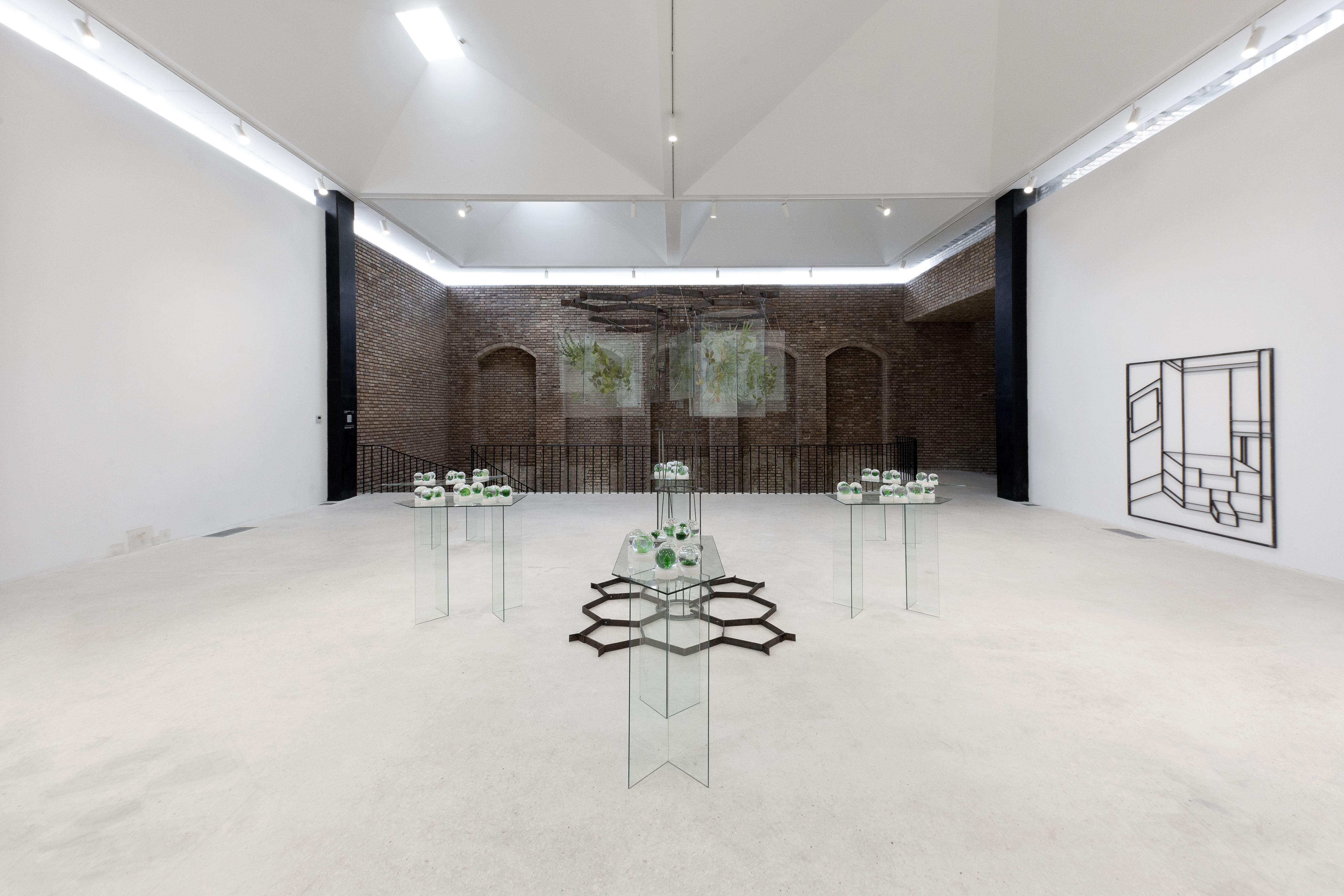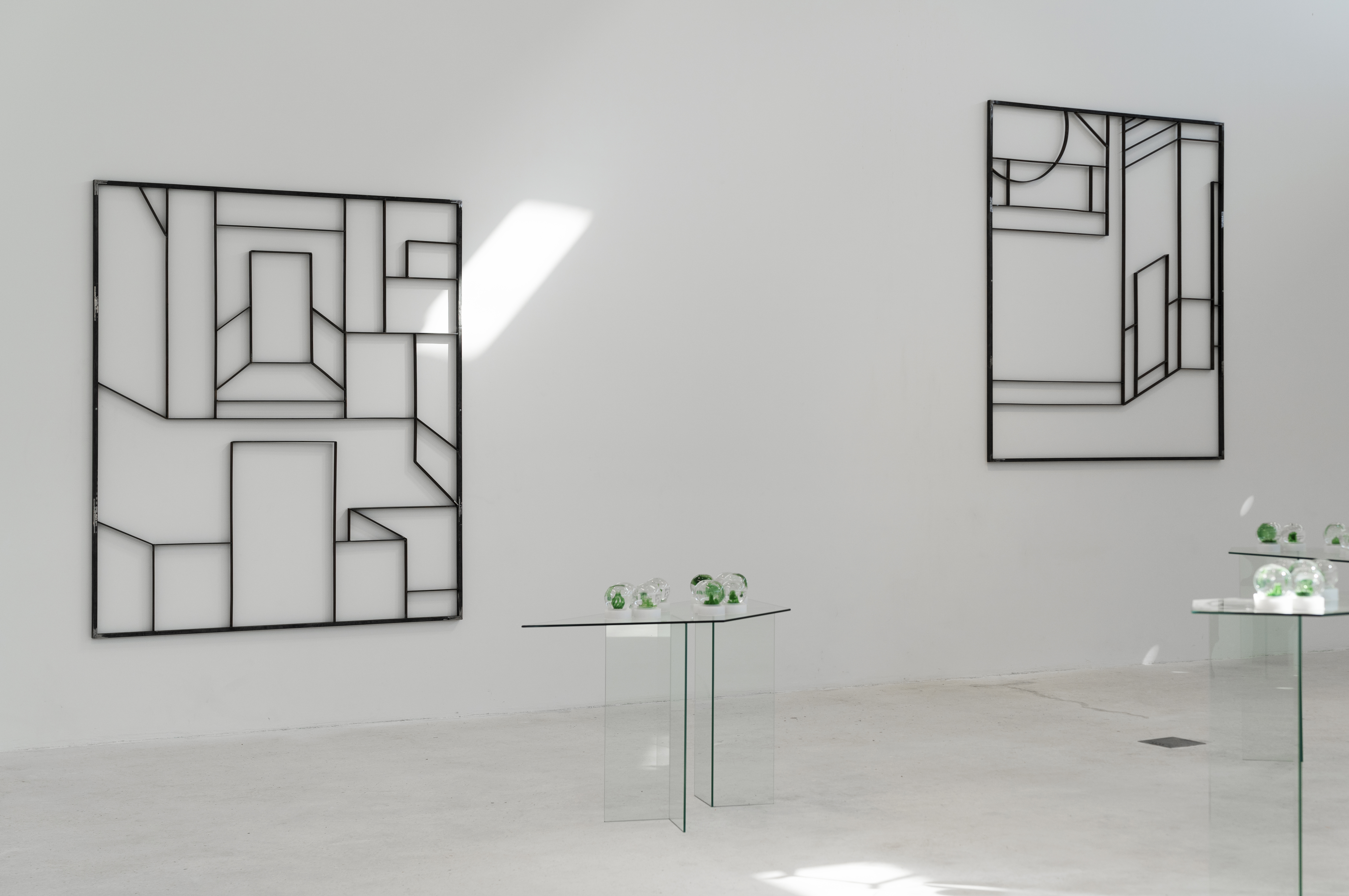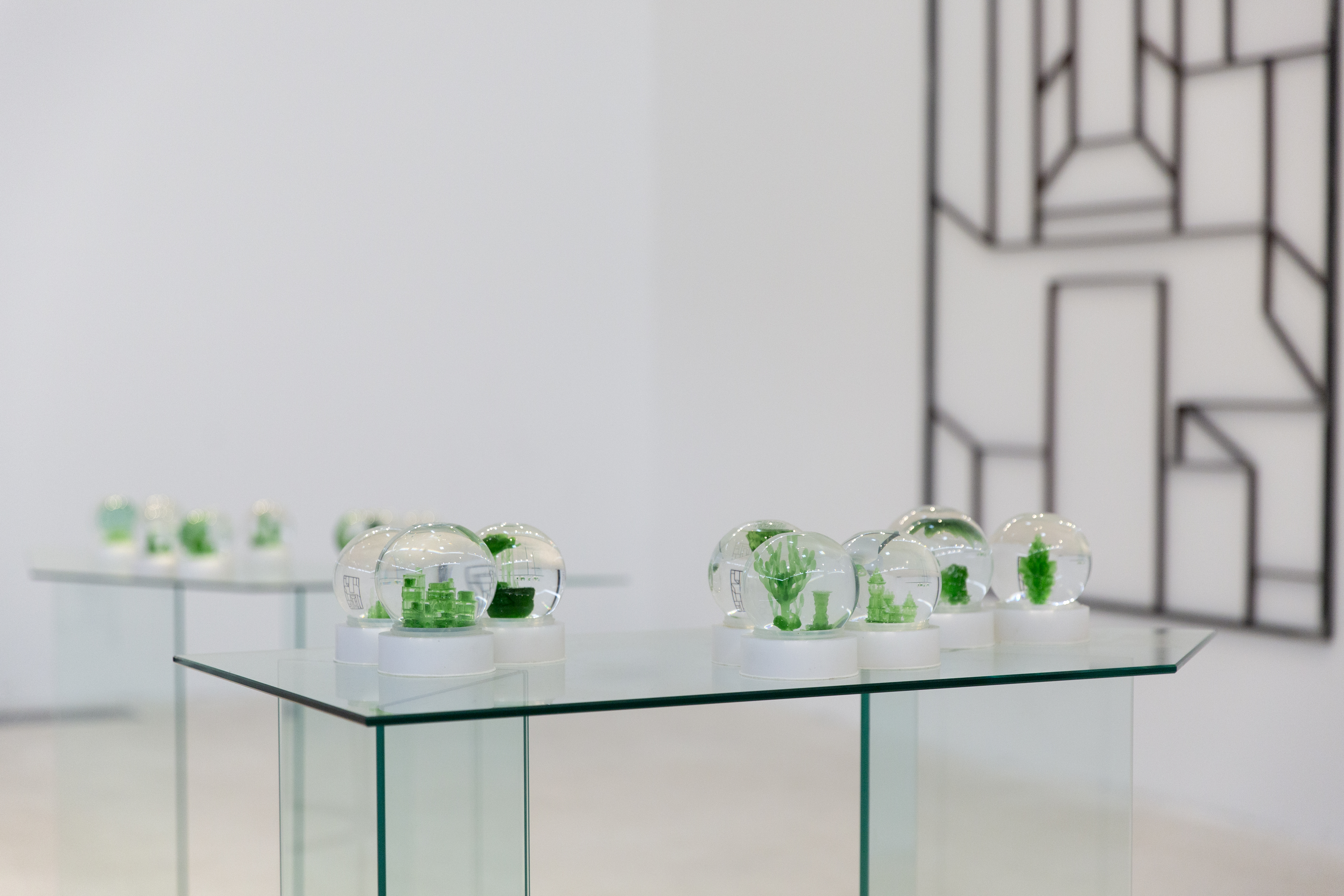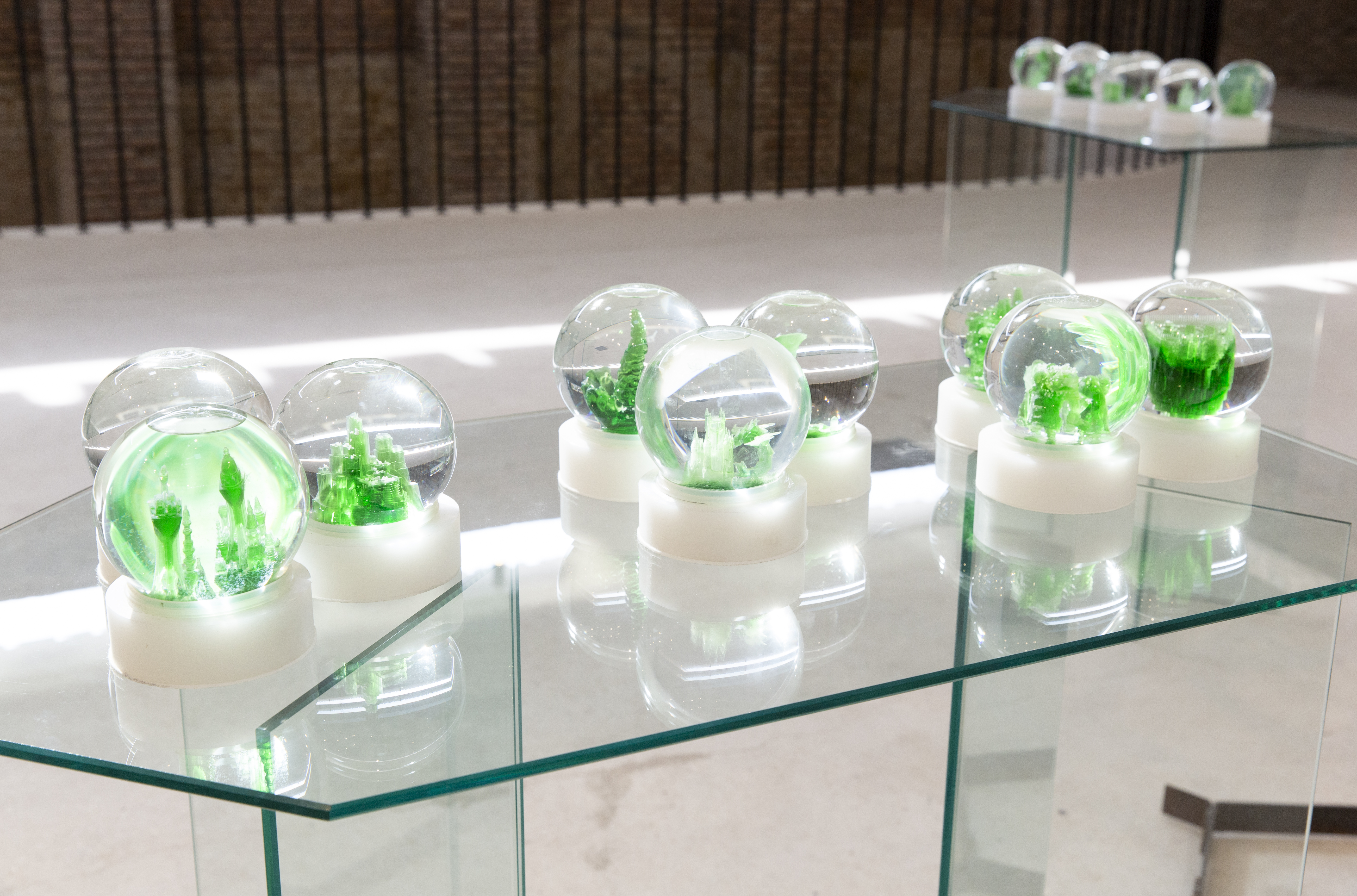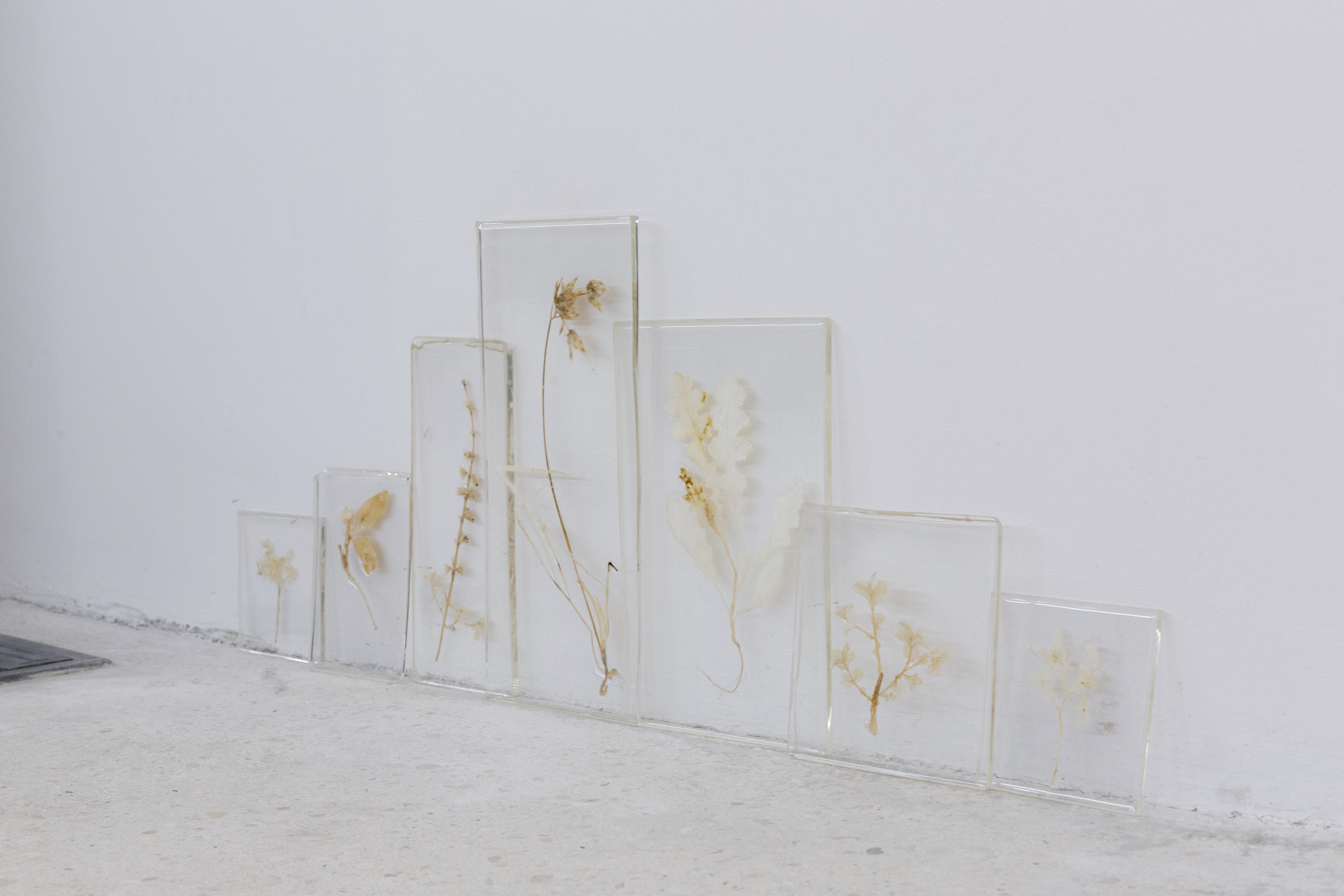Two Shades of Green
“Color is a function of the human visual system, and is not an intrinsic property. Objects don’t have a Color, they give off light that appears to be a Color. Spectral power distributions exists in the physical world, but Color exists only in the mind of the beholder.”
The project “Two Shades of Green”, concentrates on dissecting the notion of “Garden”, its history, its sociopolitical connotations, and its structure. Throughout the history of human civilization, the man-made structural unit of gardens have been integral to representations of supremacy and power in times of “peace“.
Traditionally gardens are metaphor for divine order, and for the unification and protection of individuals who “do good”.The practice of gardening and Implementation of a garden emblematise classification, control and segregation. A garden symbolises territory and the folks under the ruling, it stands in contrast with the nature (uncivilised) in its true construct.
The per dynamics of body/nature and State/sovereignty and their long traditions comes clear in the works of Giorgio Agamben. Agamben argues that laws have always assumed the authority to define "bare life" by making this exclusive operation, while at the same time gaining power over it by making it the subject of political control. The power of law to actively separate "political" beings (citizens) from 'bare life' (bodies) has carried on from Antiquity to Modernity. Bare life(as in nature) is that which must be transformed, via the State, into the "good life" by the State. The idea of sovereignty is conceived from ancient times as the power which determines what or who is to be incorporated into the political body. It is thought that a person's identity can only be defined by his or her relationship with the state.
As part of State and Nature,Staatliche Kunsthalle Baden-Baden, Photos © Eunice Maurice
Press release Digital Catalogue (Farsi and English) Solo exhibition at Argo Factory / Pejman Foundation in TehranPhotos
© Matin Jameie / Atoosa Albooye / Negar Karimkhani
